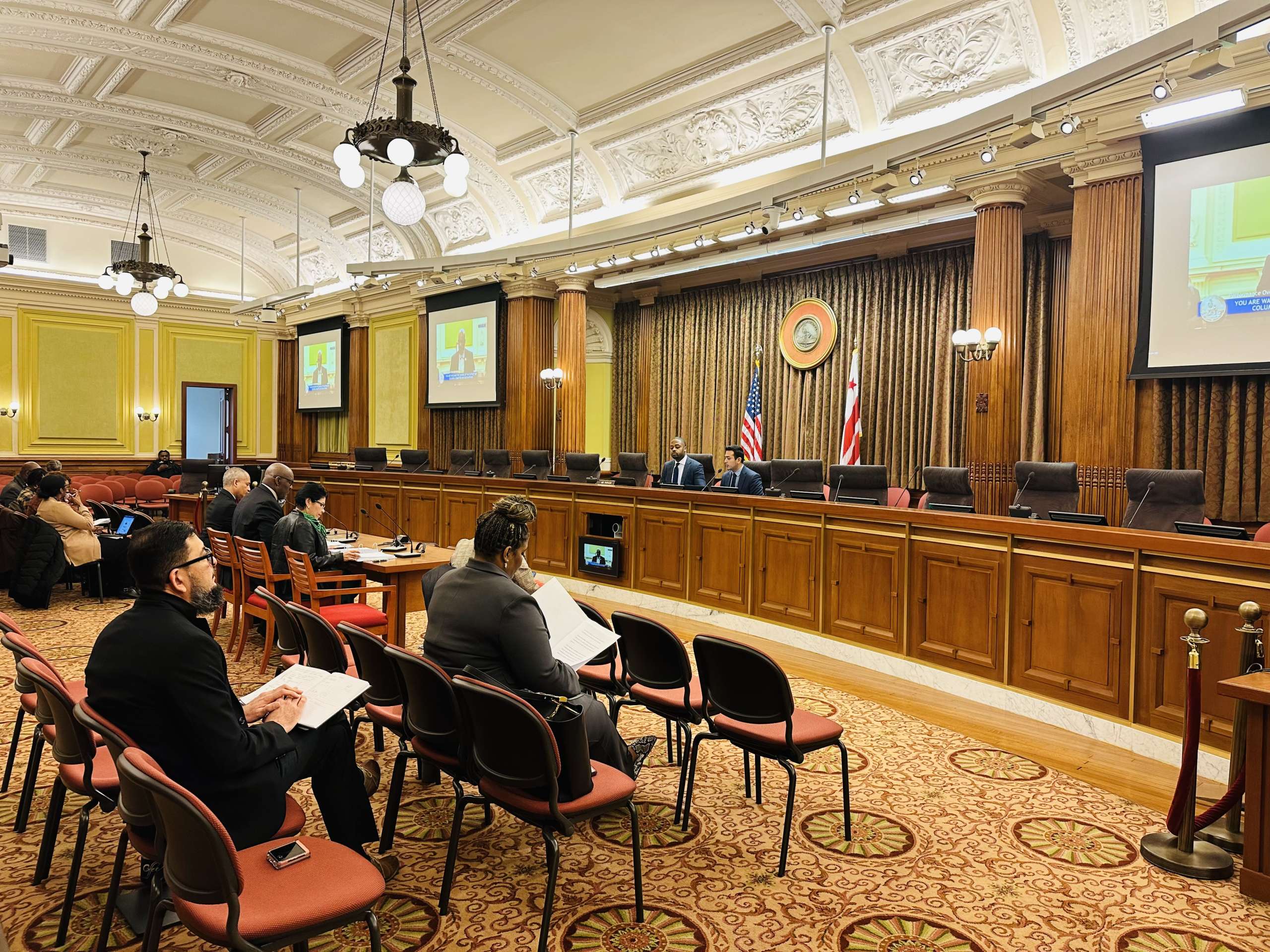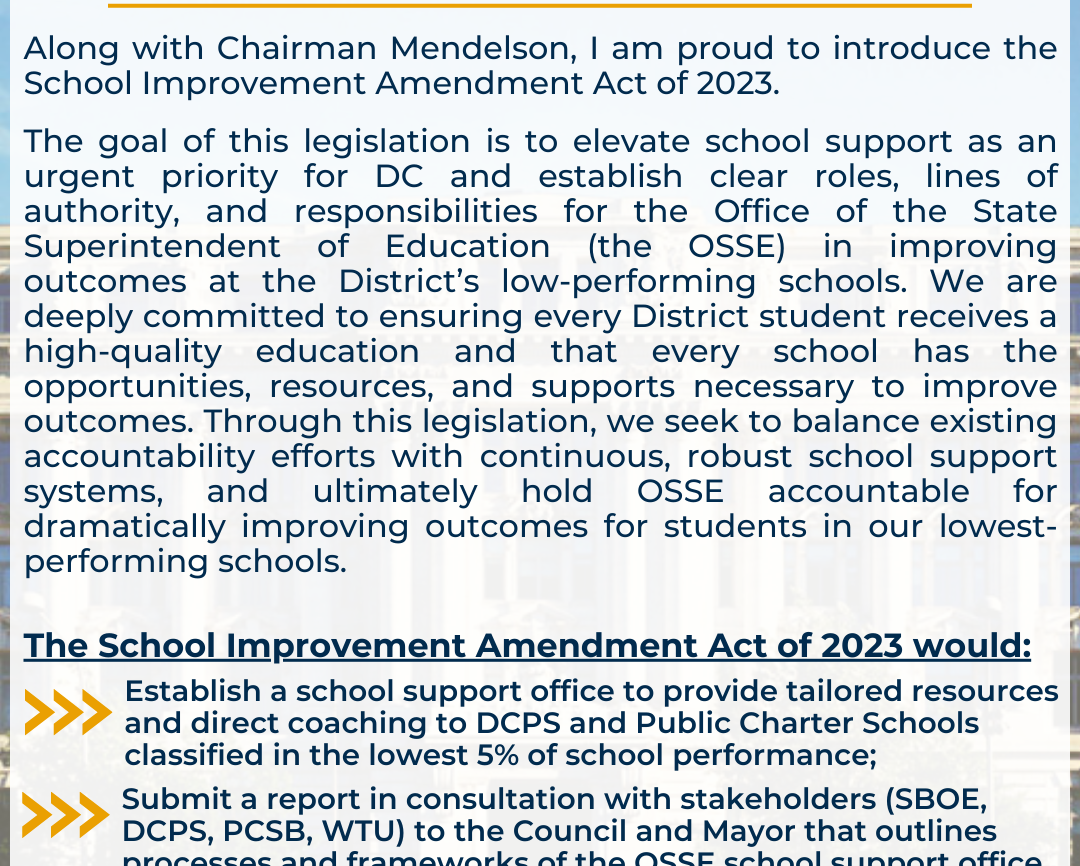Dear Ward 5 neighbors,
Over the past several weeks, I’ve heard from many of you about concerns amidst swift and sweeping change at the federal government level. Some of you have been directly impacted—losing jobs, facing uncertainty, navigating new expectations amidst federal funding freezes and more. Others of you see the impact on your neighbors and feel concern about the vulnerable position the District is in without full autonomy and representation. We are all in this together, and I remain steadfast in my commitment to serve residents. I am frequently reminded of the resourcefulness and resilience of Ward 5 neighbors especially, and now is the time to deepen our resolve to care well for one another.
There are a number of resources available to neighbors:
- You can apply for unemployment benefits from the Office of Unemployment Compensation.
- Here are ten things you should know about the Unemployment Insurance System.
- If you or a neighbor are facing housing insecurity or eviction, reference this DC Tenant Guide.
- It’s important to know your rights. The 51st has put together this helpful guide on How to Defend Your Neighbors (or Yourself) from ICE Enforcement in DC.
You can also reference the Community Resources page on my website, or reach out directly to my office at ward5contact@dccouncil.gov if you have questions or need help accessing resources. We are here for you.
Relatedly, we know there is a potential reduction in Medicaid coverage for District residents. Medicaid is jointly funded by the federal government and by local governments (states and territories). The federal government’s share is called the Federal Medical Assistance Percentage (FMAP). Currently, the District’s enhanced FMAP rate is 70%. However, there is currently the threat of this dramatically decreasing. The loss of the enhanced FMAP would not solely affect Medicaid customers. Hospital and primary care providers who serve DC, Maryland, and Virginia residents would also see major losses in funding and could be forced to scale back services. Long wait-times for emergency and regular appointments and higher premiums for commerical insurance would also be expected. You can read this explainer from the Committee on Health. I will continue to monitor these developments and keep neighbors informed.




